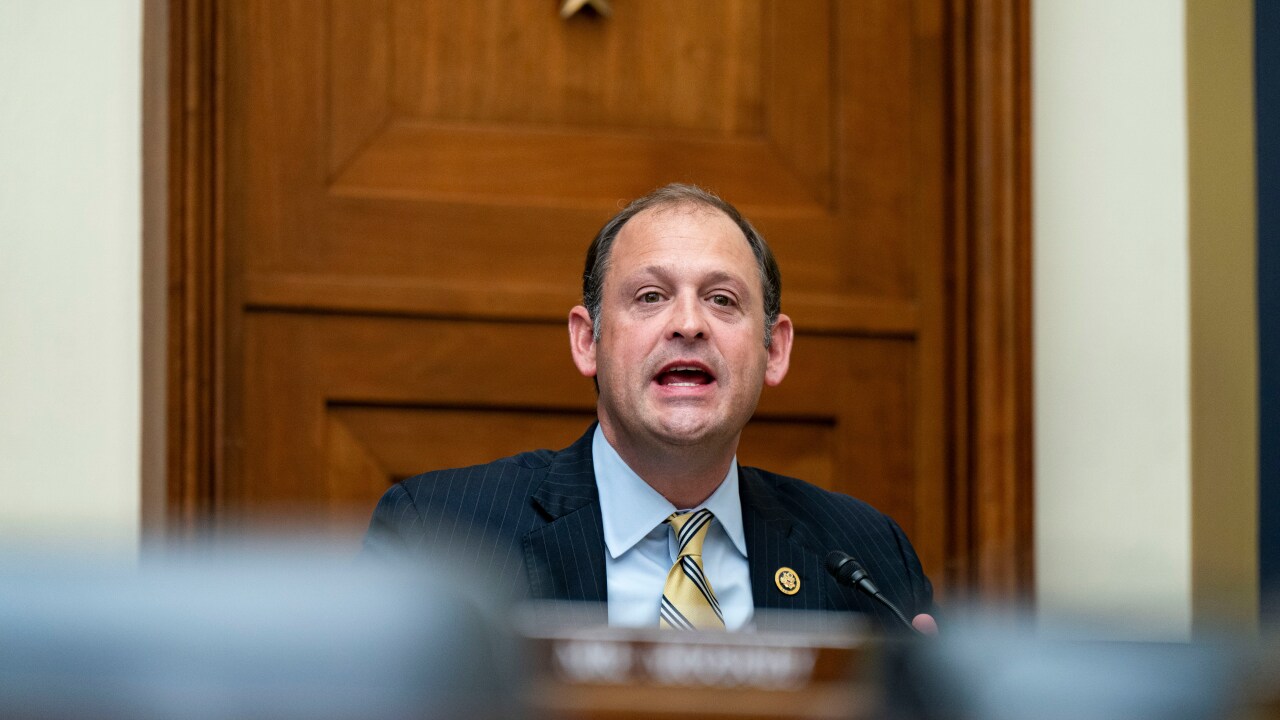
Pennsylvania has a state budget — finally.
Gov. Josh Shapiro signed the fiscal 2026 budget into law on Wednesday, 134 days after the fiscal year started.
The final deal after the long impasse, driven by the partisan split of the state legislature, made few changes from the 2025 budget and closely resembled what Shapiro, a Democrat, proposed in February — with a few policy compromises to get Republicans on board. The GOP controls the state Senate and Democrats the House.
The budget deal means that the commonwealth's local governments, school districts, and nonprofits will
At $50.1 billion, the budget is only $1.4 billion smaller than
The Keystone State had around $8 billion of reserves in its general fund balance at the beginning of fiscal year 2024, Fitch analyst Tammy Gamerman said. At the end of FY 26, the state projects it will have just $200 million.
Pennsylvania's rainy day fund is nearly $7.5 billion, which is 17% of general fund revenues, Gamerman said. But if lawmakers can't balance revenue and expenses for the fiscal 2027 budget, the state will have to dip into the rainy day fund.
"In a divided legislature, we proved once again that Democrats and Republicans can come together to get stuff done for the good people of Pennsylvania — cutting taxes, investing in education and workforce development, supporting law enforcement and reducing crime, and keeping our economy growing," Shapiro said in a statement.
"This budget took much longer than expected, but ultimately Senate Republicans held the line to keep our promise to the people of Pennsylvania by not raising taxes and ensuring our state savings account – the Rainy Day Fund – was not attacked," Senate President Pro Tempore Kim Ward
The budget does not include funding for the commonwealth's transit systems, which are
The budget also includes no new sources of revenue.
Shapiro proposed two new sources of revenue in his executive budget: legalizing and taxing cannabis and taxing "
Both suggestions proved non-starters with the legislature. Moreover, Marc Stier, director of the Pennsylvania Policy Center, said the total revenue would fall short of what the commonwealth needs.
Stier said he's asked both Democratic and Republican lawmakers about new sources of revenue, and no one has offered concrete ideas beyond what Shapiro suggested. He favors tax increases on corporations and high earners, noting that the poorest 20% of Pennsylvanians pay a higher share of their income on taxes than the top 20%.
This year's deficit won't affect the commonwealth's Fitch rating, Gamerman said.
"Our rating on Pennsylvania is AA and that incorporates the commonwealth's history of having late budgets and difficulty coming to agreement, and the fact that the commonwealth has relied on one time measures [to balance the budget] in the past," Gamerman said. "If they do continue to use one-time measures to balance their budget without having a clear plan for how they are going to bring things back into structural balance, that could negatively pressure the rating in the future."
Fitch assigns Pennsylvania a stable outlook.
The commonwealth is rated Aa2 by Moody's Ratings, with a stable outlook, and A-plus by S&P Global Ratings, with a positive outlook.
Leaving RGGI, the
The other compromise taken to pass the budget will have a bigger financial impact: no new funding for public transportation.
Pennsylvania's transit agencies have been staring down a
This time around, as transit funds proved to be a sticking point in negotiations, Shapiro authorized the Southeast Pennsylvania Transportation Authority and Pittsburgh Regional Transit to use the state's fund for transit capital projects to plug the holes in their operating budgets for two years. The rest of the commonwealth's transit agencies don't have access to that option, Stier said.
"While we have known for some time that new transit funding was unlikely to be included in this year's state budget, it is disappointing to see another year pass without action to address the immediate day-to-day needs of our riders and increasingly critical short-and long-term infrastructure investments,"
Meanwhile, lawmakers increased education spending more than $900 million, including a $565 increase in "adequacy funding" for the state's poorest schools. Last year's budget had a similar increase, after a
Pennsylvania's
The commonwealth will now send schools and other entities the funds they missed, but it won't be helping with the interest on the loans.
The budget included $193 million for a tax cut for working families, in line with the federal Earned Income Tax Credit. Stier said he was pleased to see this passed, as his organization first proposed the tax cut in 2020. Additionally, a corporate tax cut passed in 2022 will continue to phase in under this budget, Gamerman said.





